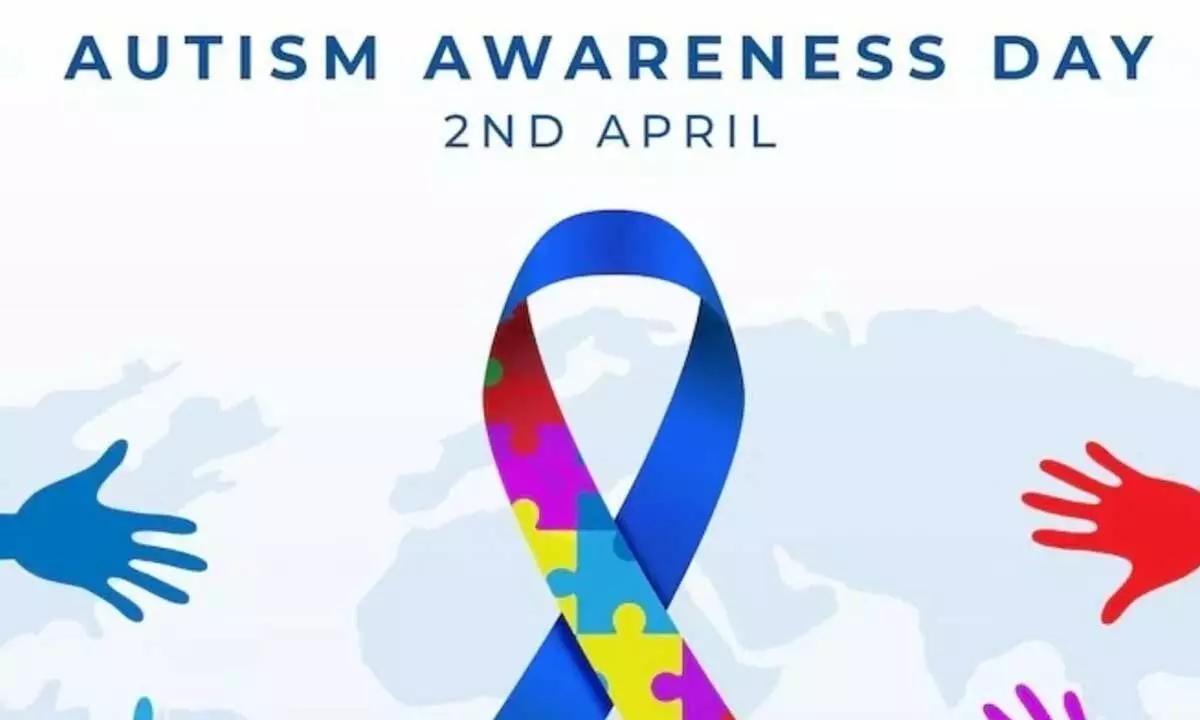World Autism Awareness Day 2024: Understanding Mild Autism and Diagnostic Challenges

Autism spectrum disorder (ASD) encompasses a diverse range of developmental disabilities, each person's experience being singular
Autism spectrum disorder (ASD) encompasses a diverse range of developmental disabilities, each person's experience being singular. Children within this spectrum encounter challenges spanning learning, social communication, and language development, often necessitating intensive therapeutic interventions to navigate life. While some individuals face severe symptoms, others exhibit milder forms of autism, where their difficulties may not be immediately apparent.
Defining Mild Autism
Mild autism, a subset of ASD, presents unique hurdles. These children may struggle with initiating and sustaining conversations, exhibit heightened sensitivities to sensory stimuli like light and sound, and display resistance to changes in their environment. Importantly, their symptoms may not be as overt as those with severe autism, allowing them to navigate certain aspects of life with less external support.
The Complexity of Diagnosis
Identifying mild autism poses a challenge, primarily due to the nuanced nature of the condition. Unlike severe cases where communication barriers are stark, children with milder forms often demonstrate cognitive strengths, such as superior memory and analytical abilities. This cognitive prowess can mask their underlying challenges, sometimes evading diagnosis until adulthood.
Navigating the Spectrum
The spectrum of autism is vast, with individuals exhibiting a wide array of skills and deficits. While some may require minimal social support, others are entirely dependent on caregivers for daily activities. Children with mild autism may excel in specific domains like science, mathematics, or music, further complicating early identification efforts.
The Importance of Early Recognition
Early recognition of autism, irrespective of its severity, is paramount for initiating timely interventions. Children with mild autism, though capable in certain areas, still grapple with social interaction, sensory sensitivities, and adaptability to change. Without early diagnosis and intervention, they risk missing out on crucial developmental opportunities that could enhance their independence and communication skills.
The journey through autism spectrum disorder is multifaceted, with each individual presenting a unique constellation of strengths and challenges. Recognizing and understanding the nuances of mild autism is essential for providing tailored support and interventions that empower individuals to thrive. Through early identification and comprehensive therapies, we can enable individuals with mild autism to navigate the world with greater confidence and independence.











